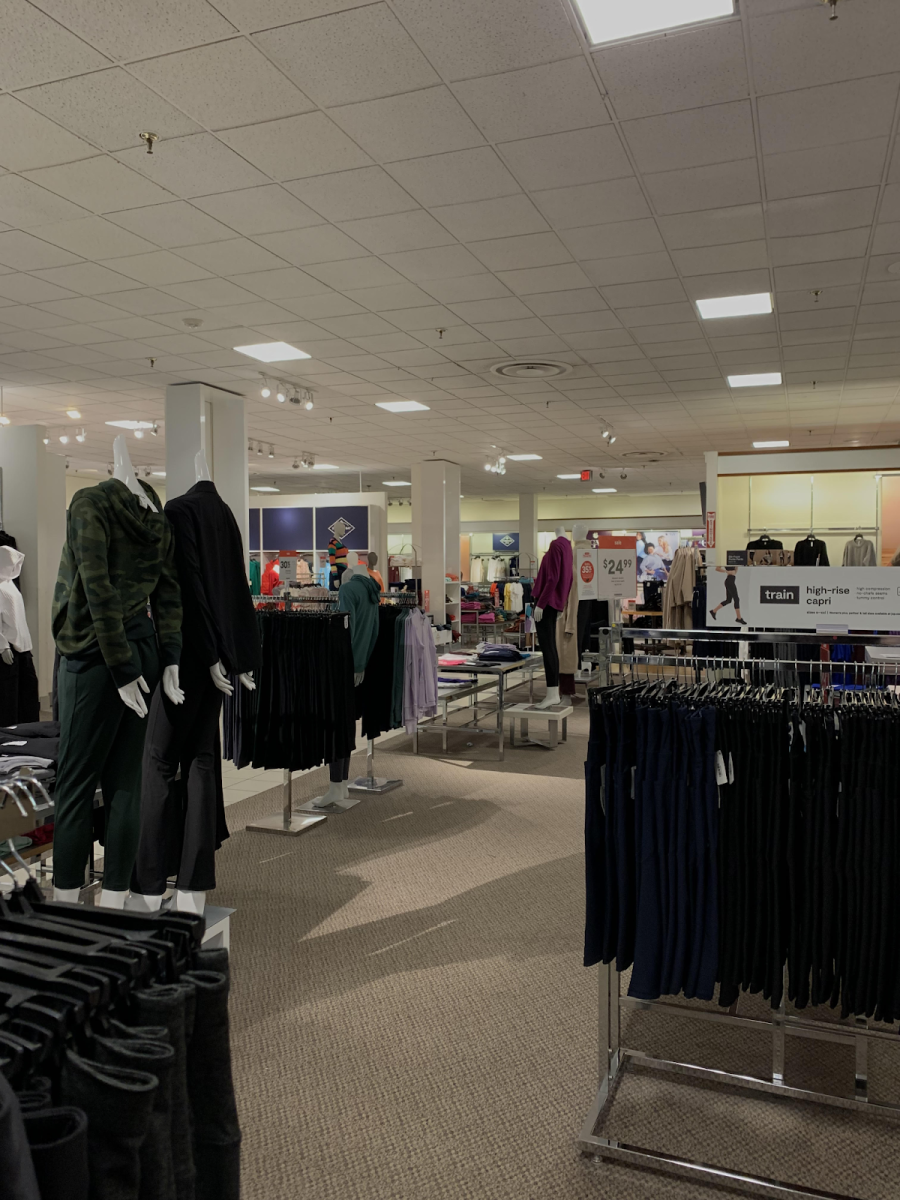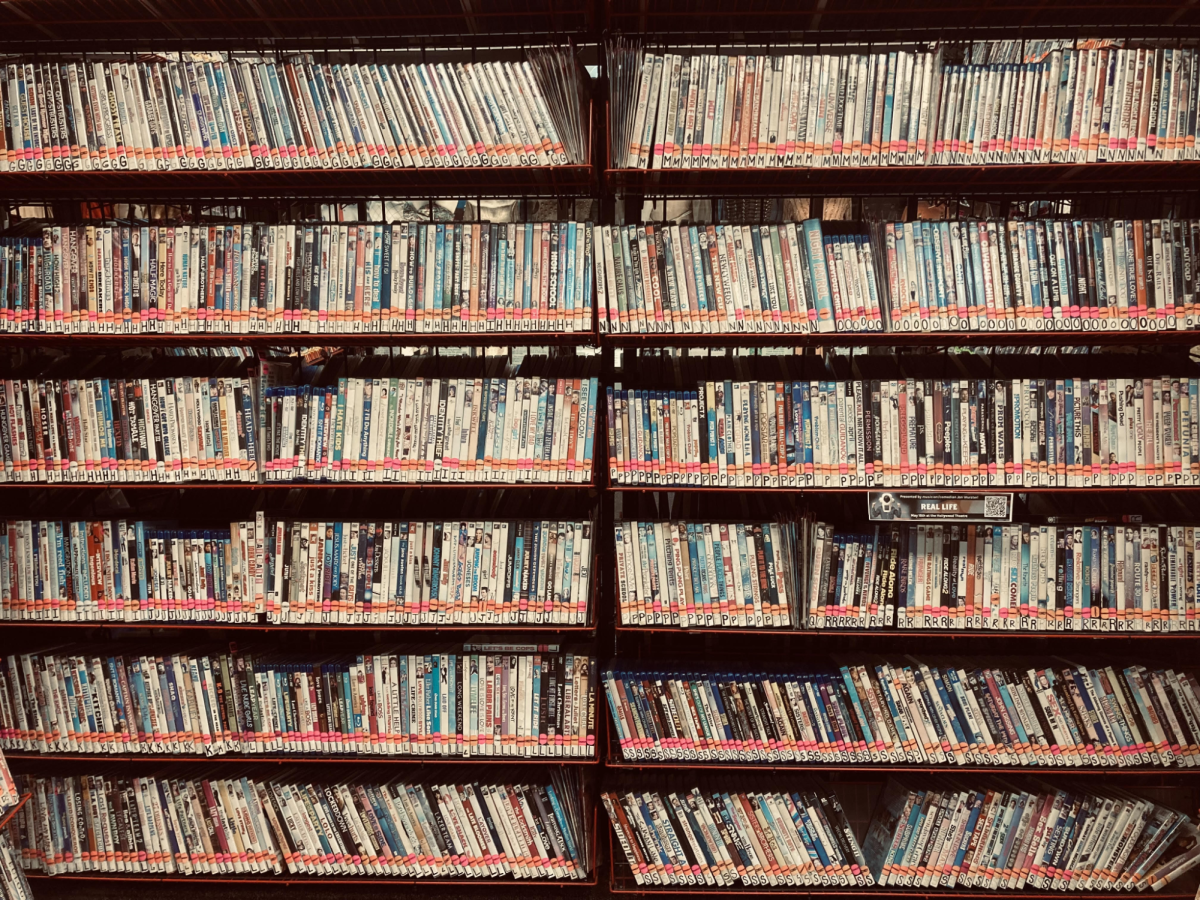There’s been a lot of talk about gatekeeping affecting people on different social media platforms, especially the bigger ones like TikTok or Instagram, but are people actually aware of what gatekeeping is? Gatekeeping, by definition, is the action of controlling or limiting general access to something. Gatekeeping can be a huge deal for people who try to improve on things in their life, such as their looks, personality, etc.
Isabel Stine, a junior at Franklin High School, owns their own personal business where they do nails. Stine says, “Gatekeeping is [when you keep] something you know a lot of people want,” they say, “[people want] to know where to get it or how to use it, and you keep [the information] to yourself for your own self benefit.”
Gatekeeping can be very toxic, it can affect people’s perception of self, and can take away products from people who may need them. For example, if a creator is refusing to share where they got a certain product out of fear that it could sell out as a result, they’re gatekeeping from others in their community from having a chance to grow.
Gatekeeping pushes young people out of their safe spaces, keeps people from having the ability to express their creativity, as well as stops them from sharing new ideas and new perspectives. Social media is a big platform, and the most efficient way to prevent gatekeeping is by spreading knowledge through things like social media.
I talked to Evelina Paladiy, a small business owner, who runs a lash and eyebrow tech company, as well as a photography business, about what her thoughts were about gatekeeping. “I dislike gatekeeping because I believe that everyone should have opportunities, and I like seeing everybody win.” She adds, “I do see gatekeeping often on social media a lot of the time influencers who post certain things … don’t reply to comments of people asking where they may have got something from.”
Gatekeeping prevents people from seeing what they could be better at, like if someone wants tips on their makeup, it’s harder to get because people keep information about products to themselves. Open information helps people build trust and creates dependable relationships, even in online communities.
As a final point, gatekeeping can be particularly problematic because the act of gatekeeping is the act of limiting resources and withholding access. Gatekeeping can be harmful because it shifts the flow of information and open communication towards restriction. After all, being polite and respectful can take you a long way, and relationships are toxic without that respect and openness. To the influencers who gatekeep their favorite products, I would argue that sharing information of resources, and building a brand based on inclusivity, leaves people with a better impression of you than hoarding products ever would. It’s best to keep everyone in the loop.

































